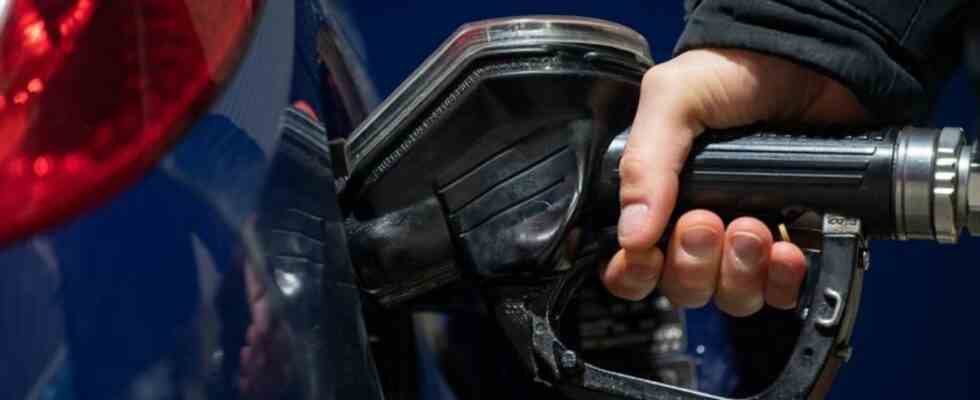energy
ADAC calls for saving fuel and driving fewer cars
The ADAC has called on its members to save fuel and use local public transport because of the impending energy bottlenecks caused by the war in Ukraine. Photo: Marijan Murat/dpa
© dpa-infocom GmbH
Fuel prices are falling slightly, but refueling remains expensive. The ADAC calls on its members to drive sparingly and advises them to use public transport and bicycles more often instead of driving.
Fuel prices have eased slightly. In the nationwide daily average on Tuesday, a liter of Super E10 cost 1.954 euros, as the ADAC announced on Wednesday. That was 2.1 cents less than a week ago. Diesel became cheaper by 0.8 cents to 2.019 euros.
The fuels are roughly in the middle between their extreme all-time highs in March and the level before the start of the Ukraine war. Compared to April last year, there is still a strong increase of 71 cents for diesel and almost 49 cents for Super E10.
In view of the Ukraine war, the ADAC has now called on its members to save fuel. According to a text published on Wednesday by the members of the Presidency, Christian Reinicke and Gerhard Hillebrand, they should check whether they could do without individual trips by car and drive in a fuel-efficient manner. It is the start of a campaign that the traffic club wants to play through its own channels.
against addiction
The aim is to reduce Germany’s dependence on Russian energy imports. Each individual can contribute to this. In addition, falling demand would certainly have a dampening effect on fuel prices – even if Reinicke and Hillebrand do not address this aspect.
The open letter to the approximately 21 million members of the ADAC says, among other things: “Anyone who has good access to public transport services should make more use of them. Some routes can also be covered by bike or on foot.” They also call on people to drive fuel-efficiently: “Speed plays a major role here. But anticipatory and steady driving is also important.” This reduces consumption by up to 20 percent.
In a survey by the traffic club among a good 1,000 drivers aged 18 and over who drive themselves at least 10 days a month, almost half said they occasionally forego driving compared to a few months ago in order to save energy and costs. 60 percent also said that they had succeeded in reducing their fuel consumption by driving in a fuel-efficient manner.

